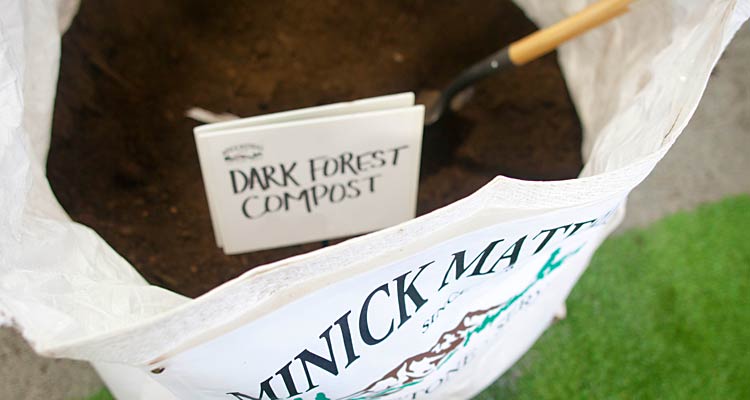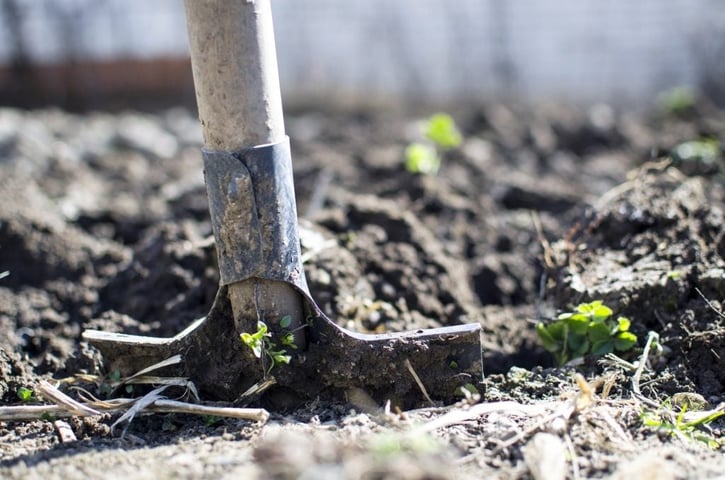In the thriving world of commercial horticulture, compost plays a fundamental and transformative role. This organic powerhouse is not just a soil amendment; it's a revolution in how we approach commercial gardening. Recognized for its incredible benefits to soil health and plant growth, compost is at the heart of sustainable and effective horticultural practices.
The Science Behind Composting
Composting is an art backed by science. It involves the breakdown of organic matter, facilitated by microbial activity. The key ingredients - greens (nitrogen-rich materials), browns (carbon-rich materials), water, and air - interact in a delicate balance. Understanding compost maturity is crucial; mature compost offers the greatest benefits without the risk of harming plant roots.
Enriching Soil Structure and Fertility
Compost is a marvel in enhancing soil structure. It improves aggregation, increases porosity, and makes soils more hospitable for root growth. By adding compost, soil's nutrient content is naturally boosted, reducing the need for chemical amendments. It also enhances water retention, ensuring plants stay hydrated and healthy.
Eco-Friendly Pest and Disease Management
A key advantage of compost is its ability to enhance soil's microbial diversity, which plays a vital role in suppressing pests and diseases. A balanced soil ecosystem, fostered by compost, significantly reduces outbreaks and promotes stronger plant immunity. By reaching temperatures of at least 130 degrees during decomposition, our compost ensures that harmful pathogens and weed seeds are effectively eliminated.
Compost's Role in Sustainable Water Management
Incorporating compost into soil dramatically increases its water-holding capacity. This means reduced irrigation needs, a boon in times of drought, and better drainage, preventing waterlogged conditions. Thus, compost not only conserves water but also ensures optimal soil moisture levels.
Reducing Carbon Footprint in Commercial Settings
Compost-rich soils have a remarkable ability to sequester carbon, playing a crucial role in mitigating climate change. The reduced reliance on synthetic fertilizers, known for their high carbon footprint, further enhances this benefit. Additionally, composting organic waste reduces methane emissions, a potent greenhouse gas.
Economic Advantages for Commercial Growers
The economic implications of using compost are significant. By reducing the need for expensive chemical fertilizers and pesticides, compost offers considerable savings. Improved water retention translates to lower irrigation costs. Additionally, the overall increase in crop yield and quality directly boosts market value and profitability.
Versatility of Compost Applications
Compost's versatility is unmatched – it can be used as a top dressing, incorporated into soil beds, or even used in potting mixes for greenhouses. Its benefits extend beyond vegetable plots to ornamental gardens and floral displays, enhancing aesthetics and soil health in various commercial settings.
Quality Control: Ensuring Compost Efficacy
Quality control is paramount in composting. Maintaining optimal maturity and stability ensures that compost provides maximum benefits. Regular monitoring of nutrient levels and adherence to proper thermophilic processes guarantees pathogen-free, effective compost.
Challenges and Solutions in Commercial Composting
Commercial-scale composting presents challenges like potential heavy metal contamination. However, solutions exist, including innovations in composting machinery and techniques that make large-scale production and application feasible and efficient.
The Future of Commercial Horticulture with Compost
The integration of compost in commercial horticulture isn't just beneficial; it's essential for a sustainable future. Its role in organic and eco-friendly practices cannot be overstated. As the industry moves forward, adopting and championing compost use will be pivotal in shaping a greener, more sustainable world of commercial horticulture.








![All About Soil Compaction: Causes, Challenges & Solutions [A Guide]](https://4445234.fs1.hubspotusercontent-na1.net/hub/4445234/hubfs/Imported_Blog_Media/plants-2411458_1920-1024x683.jpg?width=725&name=plants-2411458_1920-1024x683.jpg)
